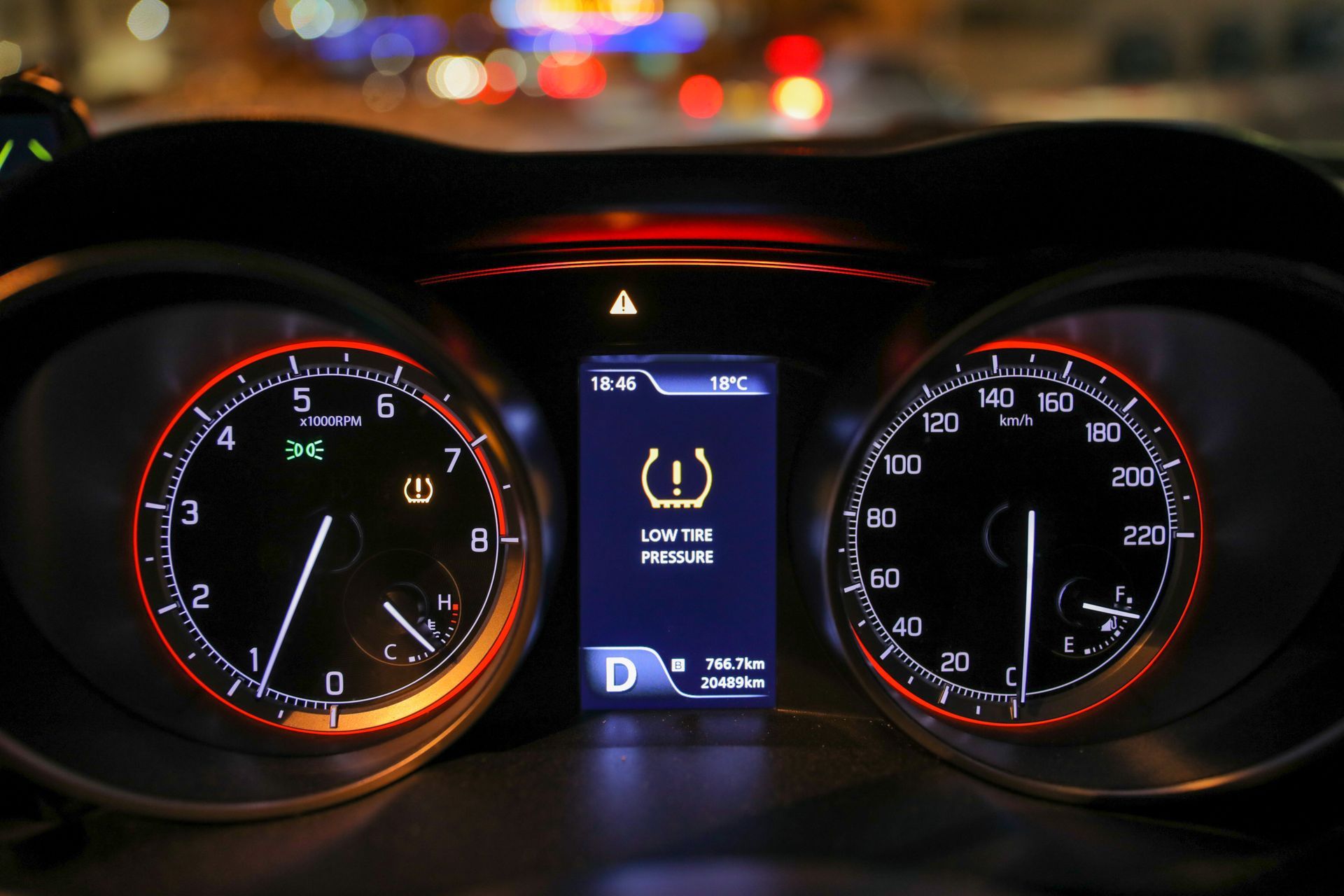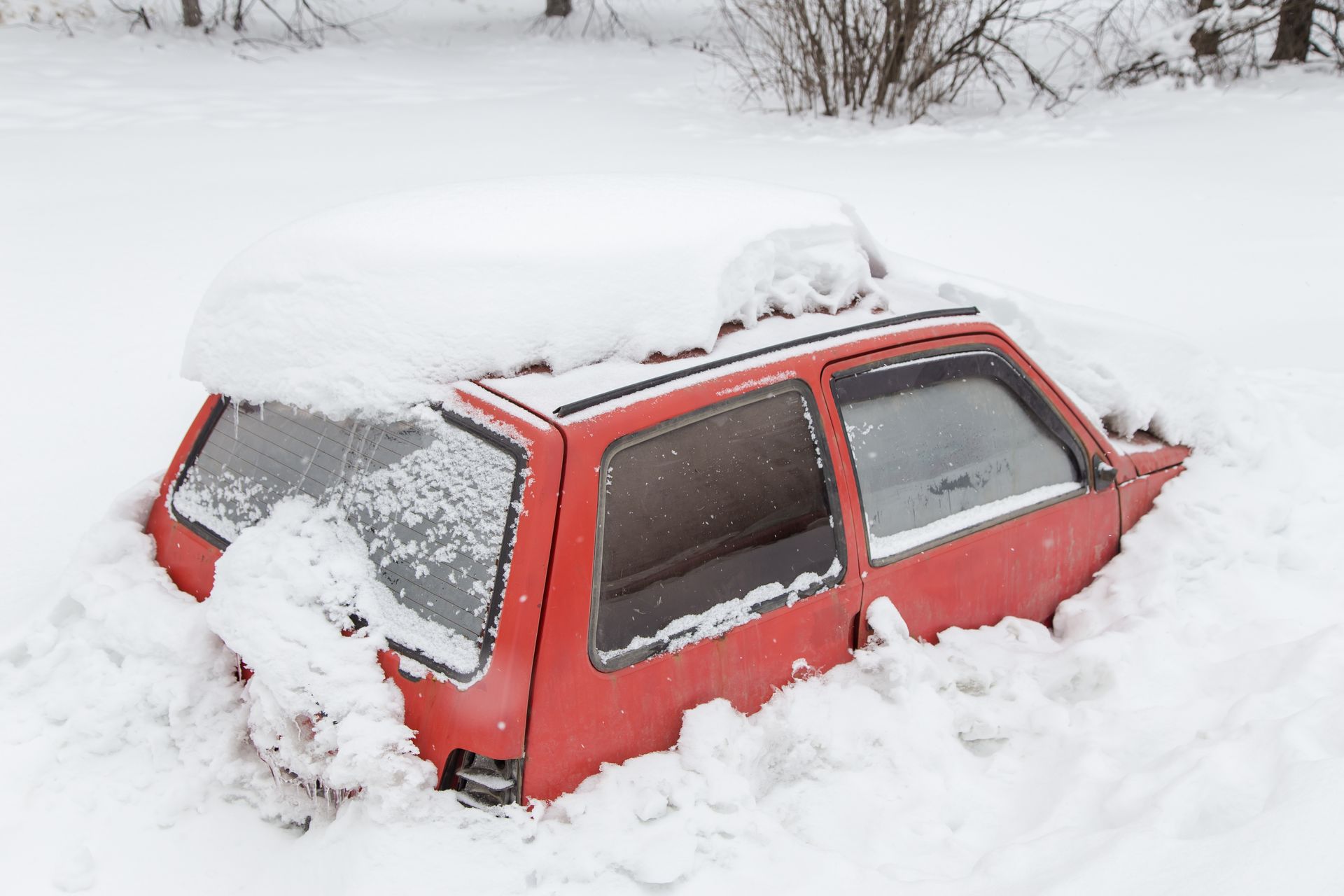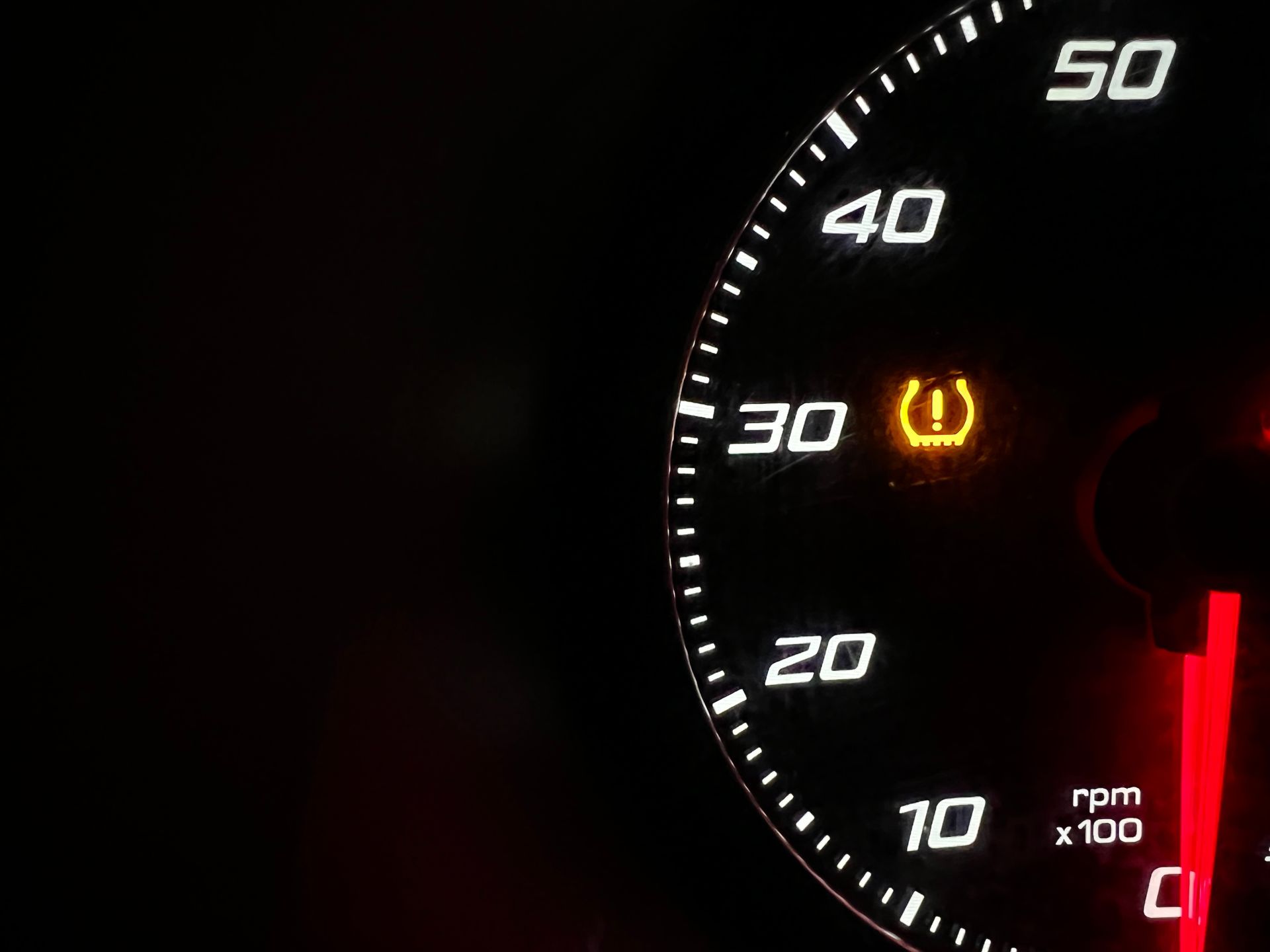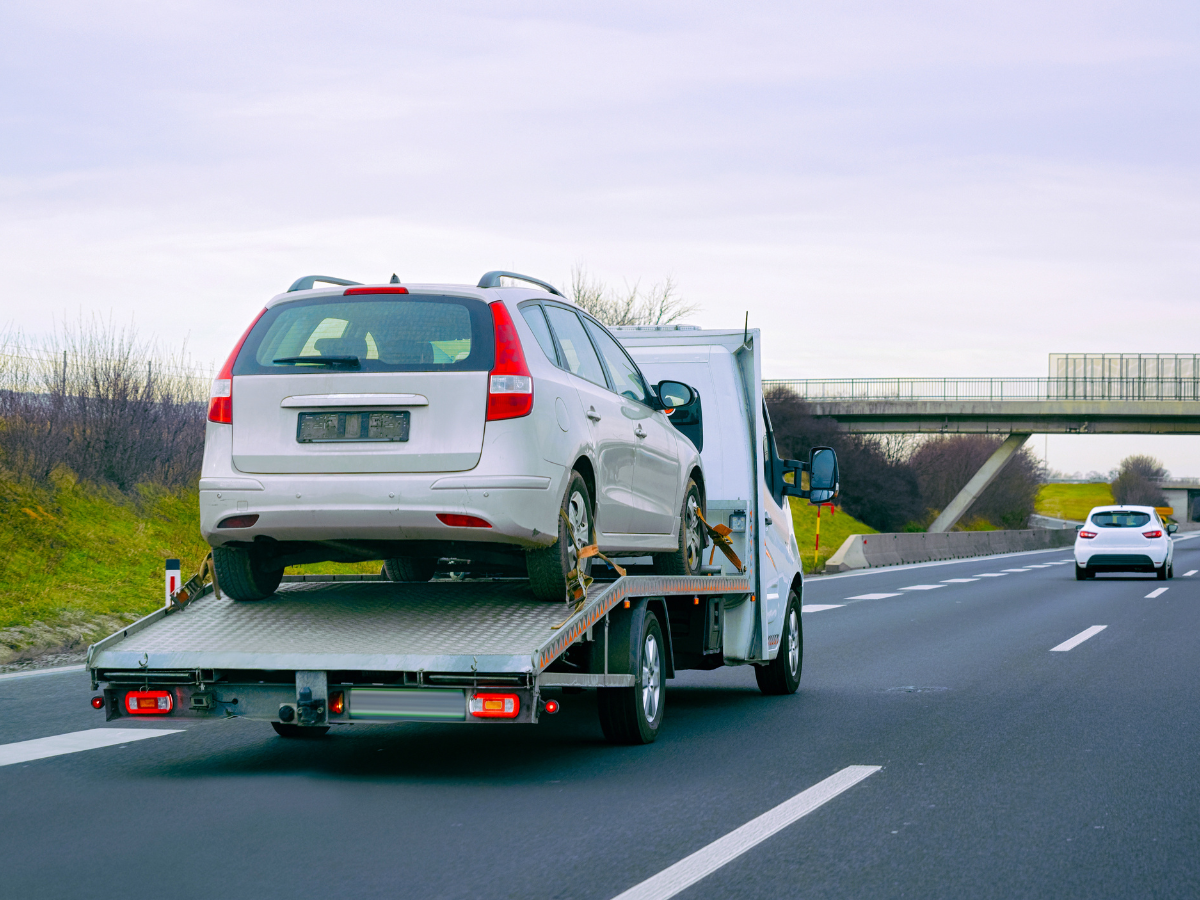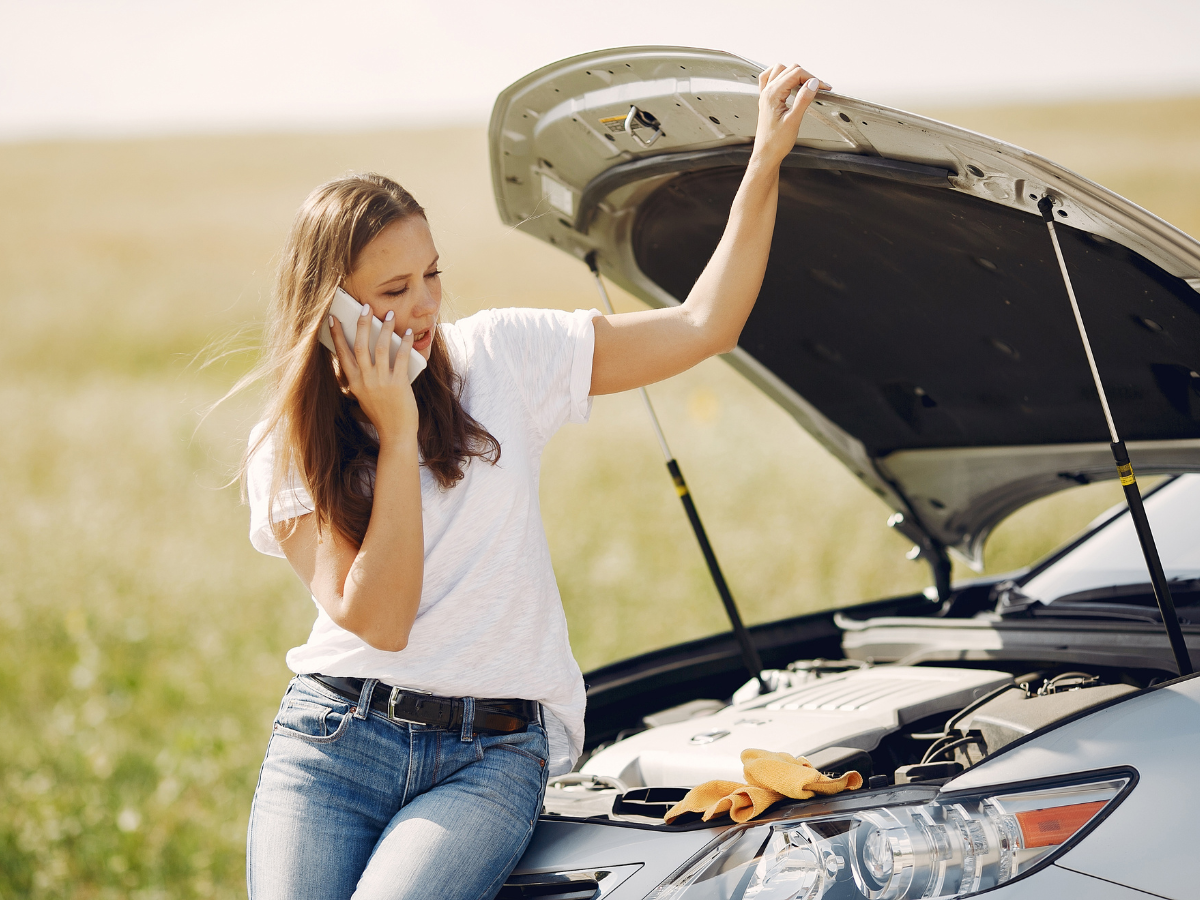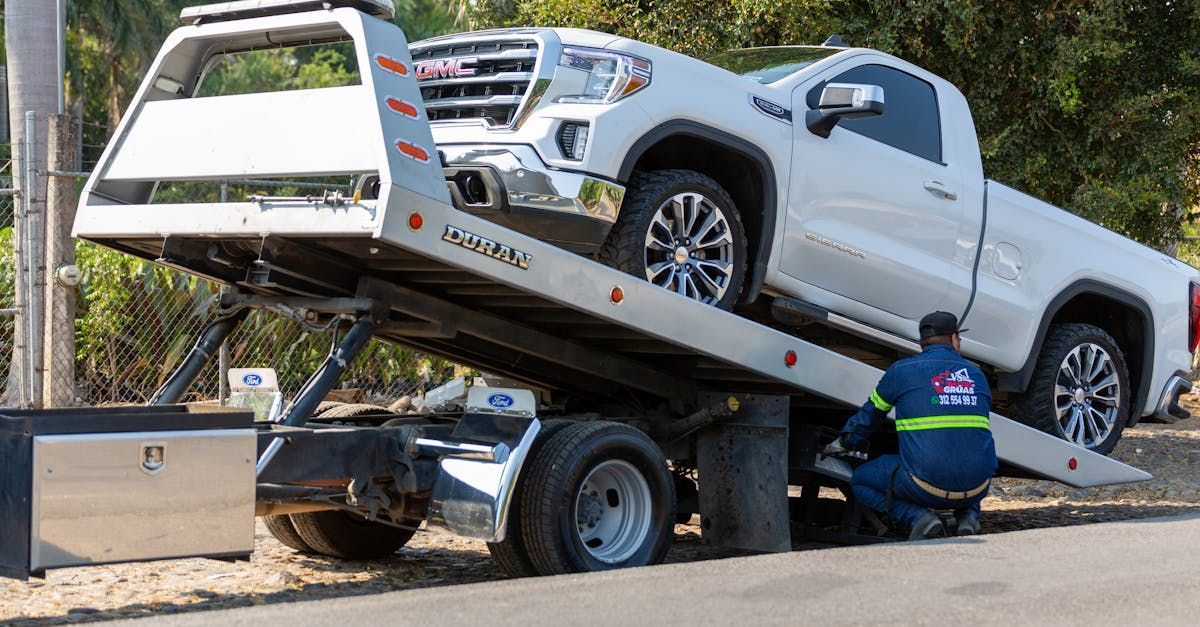Why Won't My Car Start After a Battery Jump?
It can be frustrating when your car won’t start even after a successful battery jump. Jump-starting a vehicle is a common solution for dead batteries, but it doesn’t always guarantee your car will run smoothly afterward. Understanding why this happens and what steps to take can save you time, prevent further damage, and get you back on the road quickly.
At Murray’s Towing, we provide expert towing services, emergency roadside assistance, and guidance for vehicle troubleshooting, ensuring drivers in Pennsylvania never get stranded for long.
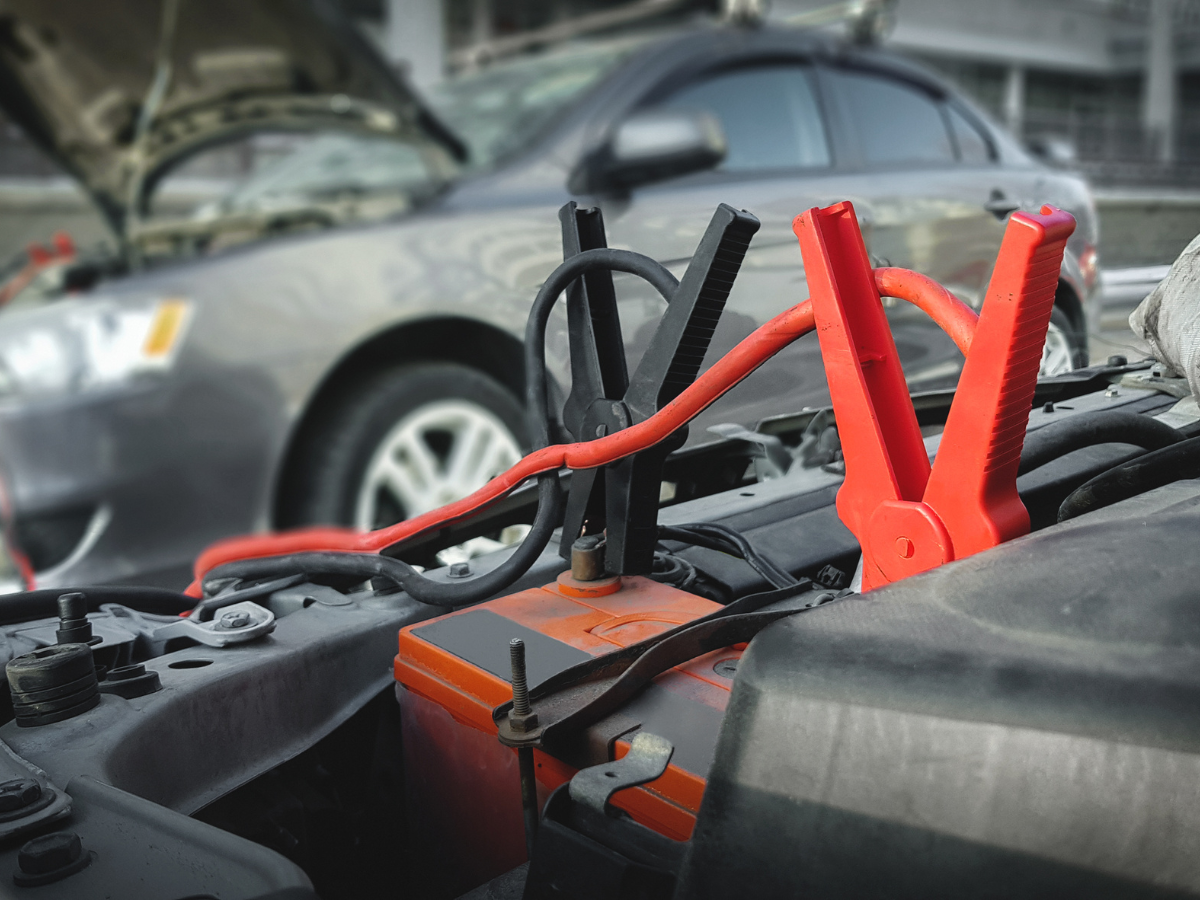
Common Reasons Your Car Won’t Start After a Battery Jump
Several issues can cause your car to remain unresponsive even after jump-starting:
- Faulty Battery: Even after a jump, an old or defective battery may not hold a charge. Batteries usually last 3–5 years, and extreme temperatures can shorten their lifespan.
- Loose or Corroded Connections: Poor battery terminal connections can prevent electrical flow, making it impossible for the car to start. Check for corrosion or loose clamps.
- Alternator Problems: The alternator charges the battery while the engine runs. If it’s failing, your car may not retain power even after a jump.
- Starter Motor Issues: A worn or damaged starter motor can prevent your car from starting, even with a fully charged battery.
- Blown Fuses or Electrical Problems: Faulty wiring, blown fuses, or other electrical issues can interfere with your vehicle’s starting system.
Identifying the exact problem is crucial to prevent recurring breakdowns and ensure your car remains reliable.
Steps to Take If Your Car Won’t Start
If your car fails to start after a battery jump, follow these steps:
- Check Battery Connections: Ensure that the jumper cables are securely attached and that battery terminals are clean.
- Test the Battery: Use a voltmeter or visit an auto parts store to confirm if the battery can hold a charge.
- Inspect Fuses and Wiring: Look for blown fuses or damaged wires that might disrupt electrical flow.
- Consider the Alternator and Starter: If your battery is fine, the issue may be with the alternator or starter motor. A professional mechanic can diagnose this accurately.
- Call for Emergency Assistance: If you’re stranded, contact Murray’s Towing for reliable roadside assistance. Our team can jump-start, tow, or help troubleshoot your vehicle safely.
Preventive Tips for Battery and Car Maintenance
Regular maintenance can reduce the chances of needing a jump-start:
- Test Your Battery Regularly: Check your battery’s health at least twice a year, especially before winter.
- Clean Battery Terminals: Remove corrosion and ensure a secure connection for consistent performance.
- Avoid Short Trips: Short trips prevent the alternator from fully charging the battery.
- Turn Off Electronics When Parked: Prevent unnecessary battery drain by switching off lights, radios, and other electronics.
- Schedule Routine Inspections: Professional inspections catch problems with the battery, starter, and alternator before they leave you stranded.
When to Call Murray’s Towing
Even with maintenance, unexpected issues can occur. If your car won’t start after a battery jump, Murray’s Towing offers:
- 24/7 Towing Services in Pennsylvania
- Battery Jump-Starts on-site
- Emergency Roadside Assistance for dead batteries, flat tires, and more
- Vehicle Diagnostics to pinpoint starting issues
Our team ensures quick response times and expert care so you can get back on the road safely.
Conclusion
A car that won’t start after a battery jump can be caused by a range of issues, from a weak battery to alternator or starter problems. Taking prompt action, performing maintenance, and calling professional help when needed ensures your vehicle stays reliable.
Contact Murray’s Towing today for emergency roadside assistance, battery jump-starts, and expert vehicle diagnostics. We’re here to help Pennsylvania drivers get back on the road quickly and safely.
